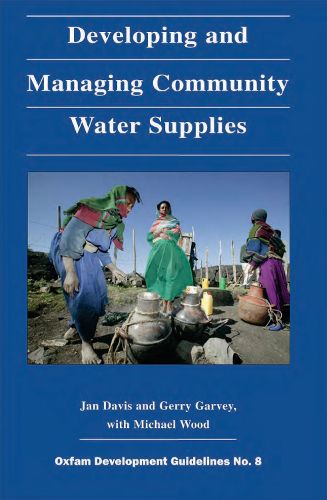Readings Newsletter
Become a Readings Member to make your shopping experience even easier.
Sign in or sign up for free!
You’re not far away from qualifying for FREE standard shipping within Australia
You’ve qualified for FREE standard shipping within Australia
The cart is loading…






This title is printed to order. This book may have been self-published. If so, we cannot guarantee the quality of the content. In the main most books will have gone through the editing process however some may not. We therefore suggest that you be aware of this before ordering this book. If in doubt check either the author or publisher’s details as we are unable to accept any returns unless they are faulty. Please contact us if you have any questions.
Based on direct field experience and using short case studies, this book discusses the issues and stages in the development of water supplies, from the initiation of a programme through to the community management of a supply system. The importance of involving all the members of a community in decisions about water provision is emphasised, as is the need to incorporate hygiene education from the outset.
$9.00 standard shipping within Australia
FREE standard shipping within Australia for orders over $100.00
Express & International shipping calculated at checkout
This title is printed to order. This book may have been self-published. If so, we cannot guarantee the quality of the content. In the main most books will have gone through the editing process however some may not. We therefore suggest that you be aware of this before ordering this book. If in doubt check either the author or publisher’s details as we are unable to accept any returns unless they are faulty. Please contact us if you have any questions.
Based on direct field experience and using short case studies, this book discusses the issues and stages in the development of water supplies, from the initiation of a programme through to the community management of a supply system. The importance of involving all the members of a community in decisions about water provision is emphasised, as is the need to incorporate hygiene education from the outset.